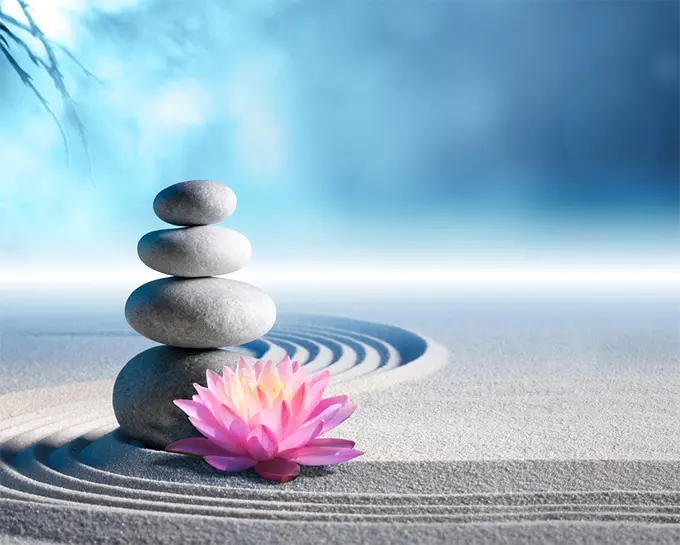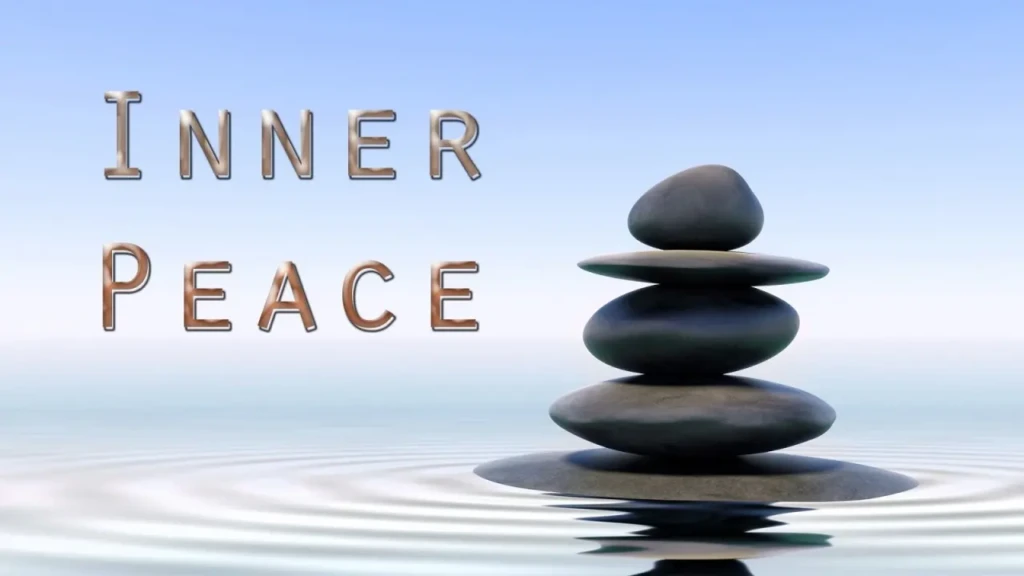Introduction
In today’s fast-paced world, finding inner peace feels almost impossible. With constant distractions, endless responsibilities, and a never-ending stream of notifications, the idea of achieving true calm may seem like a fantasy. But what if I told you that inner peace isn’t about escaping the chaos—it’s about thriving within it? In this guide, we’ll explore powerful techniques like meditation, mindfulness, and self-reflection to help you awaken spiritually and cultivate tranquility, no matter how hectic life gets.
What Is Inner Peace?

Inner peace isn’t just about feeling relaxed; it’s a deep state of emotional and mental clarity. It’s the ability to remain calm even when the world around you is chaotic. It’s about balance, acceptance, and understanding your true self.
Read Also: The Profound Meaning and Significance of Baptism
Why Is Inner Peace Important?
- Reduces stress and anxiety
- Improves mental clarity and focus
- Enhances emotional resilience
- Strengthens relationships with yourself and others
- Promotes overall well-being
The Journey to Spiritual Awakening
1. Understanding Spiritual Awakening

Spiritual awakening is the process of becoming more aware of yourself and the universe. It’s not a single moment of enlightenment but a continuous journey of growth and self-discovery.
Read Also: The Rwandan Genocide and the Failure of International Response
2. Signs You’re Experiencing a Spiritual Awakening
- A shift in priorities—material things no longer satisfy you.
- Increased empathy and compassion for others.
- A desire for solitude and self-reflection.
- Feeling a deeper connection with nature and the universe.
- Seeking deeper meaning in life beyond work and societal expectations.
Techniques for Achieving Inner Peace
Practicing Mindfulness in Daily Life
Mindfulness is the practice of being present in the moment without judgment. Here’s how you can incorporate it into your life:
- Pay attention to your breathing.
- Engage fully in whatever you’re doing.
- Observe your thoughts without reacting to them.
- Let go of worries about the past or future.
Meditation: The Ultimate Peace-Enhancing Tool

Meditation isn’t about silencing your thoughts—it’s about observing them without attachment. Try these meditation techniques:
- Mindfulness meditation: Focus on your breath and bodily sensations.
- Guided meditation: Listen to an instructor guiding you to relaxation.
- Mantra meditation: Repeat a calming word or phrase.
Journaling for Self-Reflection
Writing down your thoughts and emotions can be incredibly therapeutic. Journaling helps you:
- Process emotions more effectively.
- Identify patterns in your thinking.
- Gain clarity on your personal growth journey.
The Power of Gratitude

Gratitude shifts your mindset from lack to abundance. Start by:
- Listing three things you’re grateful for daily.
- Expressing appreciation to loved ones.
- Focusing on the positives in every situation.
Disconnecting from Digital Distractions
Technology keeps us constantly engaged, but it also fuels stress. Try:
- Scheduling tech-free hours.
- Turning off unnecessary notifications.
- Spending more time in nature.
The Role of Nature in Finding Inner Peace

Spending time in nature helps ground you and brings a sense of calm. Activities like walking in the park, gardening, or simply sitting by a river can work wonders.
Healing Through Breathwork
Breathwork techniques like box breathing (inhale for 4 seconds, hold for 4, exhale for 4, hold for 4) can instantly reduce stress and center your mind.
Yoga for Mind-Body Balance
Yoga isn’t just physical exercise—it’s a practice of mindfulness and self-connection. It helps:
- Improve flexibility and strength.
- Reduce stress and tension.
- Enhance emotional well-being.
Letting Go of Toxic Relationships
Inner peace thrives in a healthy environment. If certain people drain your energy, it’s okay to set boundaries or distance yourself.
Cultivating Self-Love and Acceptance
You are your greatest companion. Treat yourself with kindness, forgive past mistakes, and embrace who you are without judgment.
Finding a Spiritual Practice That Resonates With You
Spirituality is personal. Whether it’s prayer, reading spiritual texts, or engaging in rituals, find what aligns with your beliefs and brings you peace.
Practicing Acts of Kindness
Helping others brings a deep sense of fulfillment. Volunteer, support a friend, or simply smile at a stranger—small acts of kindness can create a ripple effect.
Embracing the Journey, Not Just the Destination
Inner peace isn’t a goal to achieve; it’s a way of life. Be patient with yourself and enjoy the process of self-discovery.
Conclusion
Finding inner peace in a busy world isn’t about eliminating stress—it’s about learning to navigate life with grace and awareness. By incorporating mindfulness, meditation, gratitude, and self-care into your daily routine, you can cultivate a state of calm and unlock the door to true spiritual awakening. Ready to start your journey? Take a deep breath, embrace the present moment, and let peace flow through you.
FAQs
1. Can you find inner peace without meditation?
Yes! While meditation is a powerful tool, practices like journaling, gratitude, and mindfulness can also help you achieve inner peace.
2. How long does it take to experience spiritual awakening?
Spiritual awakening is a lifelong journey. Some people experience profound shifts quickly, while others gradually grow into deeper awareness over time.
3. What’s the best way to deal with negative thoughts?
Acknowledge them without judgment, practice deep breathing, and refocus your mind on positive affirmations or activities that bring you joy.
4. Does spiritual awakening mean you stop feeling stress?
No, but it helps you manage stress better. Instead of reacting impulsively, you’ll learn to observe and respond with a sense of calm.
5. Can technology help with spiritual growth?
Yes! Apps for meditation, guided mindfulness, and spiritual readings can support your journey. The key is to use technology mindfully without letting it control you.


